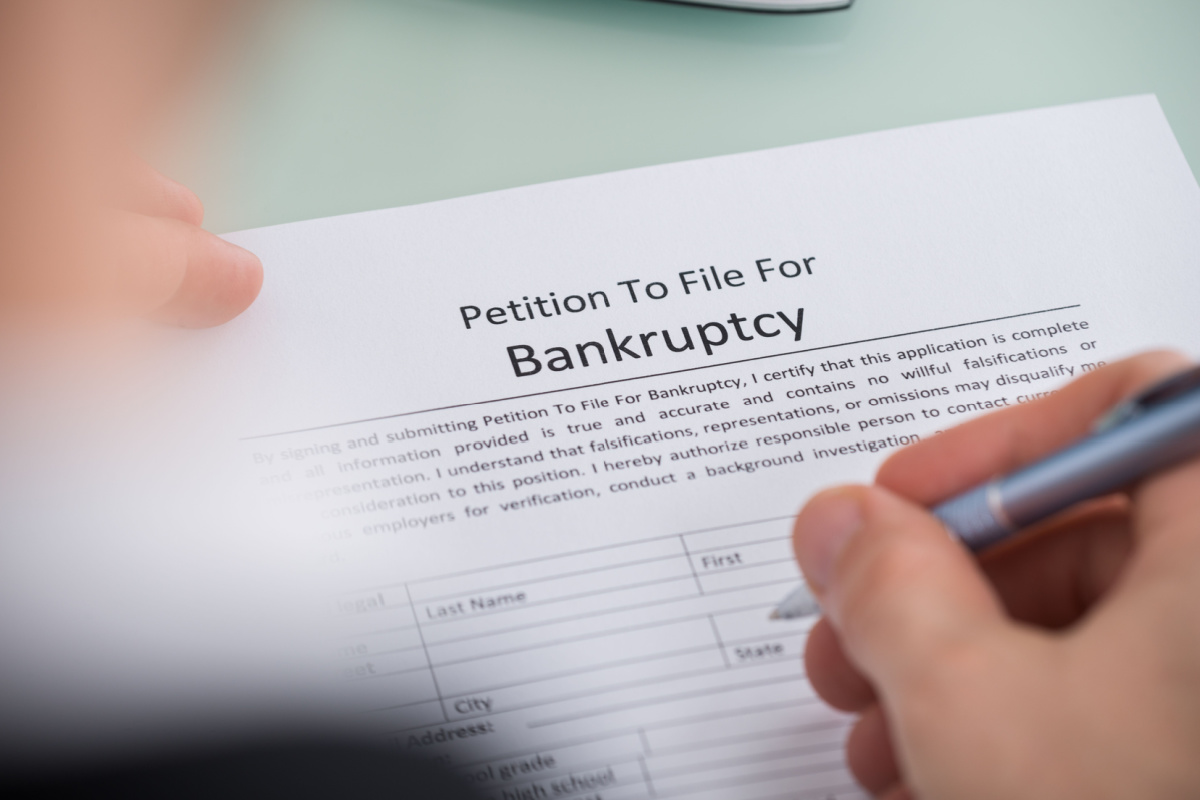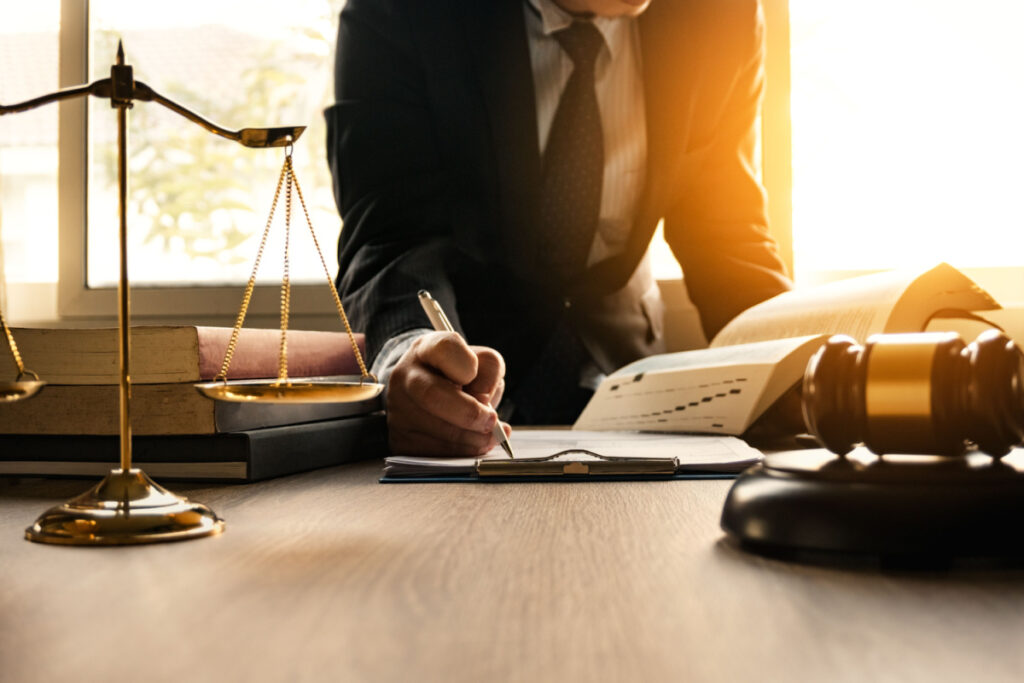





Attorney at Debt Advisors Law Offices
Practice Areas: Chapter 7 Bankruptcy, Chapter 13 Bankruptcy, Stop Foreclosure

Dealing with nonstop calls, letters, and threats from creditors can leave anyone feeling trapped. For many individuals, filing for bankruptcy brings an immediate safeguard known as the automatic stay. This legal protection forces most creditors to stop their collection efforts the moment a bankruptcy case is filed, giving people breathing room to focus on rebuilding their financial lives.
But while the automatic stay is powerful, it isn’t unlimited. It’s important to understand exactly what protections it provides, what it cannot do, and how creditor harassment is treated under both federal bankruptcy laws and the Fair Debt Collection Practices Act (FDCPA). By learning how these protections work, you can make informed decisions and better prepare for the bankruptcy process.
An automatic stay is a federal court order that goes into effect the moment a bankruptcy petition is filed. Under 11 U.S.C. § 362, it creates a protective barrier around the filer.
This means that creditors must pause most collection efforts, including lawsuits, wage garnishments, repossessions, and foreclosure proceedings.
The automatic stay provides immediate relief and can give families a much-needed break from financial stress.
However, this protection is temporary. It is designed to stop collection actions while the bankruptcy case is active, but it does not erase debts. Once the case concludes, creditors may resume certain actions unless the debt is discharged.
Even before bankruptcy is filed, federal law protects consumers from abusive collection practices. The Fair Debt Collection Practices Act (FDCPA) makes it illegal for creditors and debt collectors to:
These protections exist alongside bankruptcy laws. When a bankruptcy case begins, the automatic stay adds another layer by halting most creditor actions. If harassment continues after filing, it may violate both the FDCPA and federal bankruptcy protections.
Under the Fair Debt Collection Practices Act, creditors cannot harass, threaten, or misrepresent themselves when collecting debts.
Documenting all instances of harassment is essential. Keeping letters, call logs, or emails can serve as evidence if further action is needed.
The automatic stay goes beyond stopping phone calls. It can provide relief in several important areas:
These protections allow individuals to focus on their bankruptcy case without the constant threat of losing income, housing, or utilities.
Filing for bankruptcy triggers an automatic stay under 11 U.S.C. § 362, halting most collection actions immediately.
While the automatic stay is powerful, it has clear limits. Certain legal obligations and government actions are not stopped by bankruptcy. These include:
Knowing these limits helps manage expectations and avoid surprises during the process.
Creditors sometimes have the right to challenge the automatic stay. This is most common with secured creditors, such as mortgage lenders or auto finance companies. They may argue that their collateral, like a home or car, is losing value while payments are missed.
If the court agrees, it can lift or modify the automatic stay, allowing the creditor to resume collection or foreclosure. Courts also limit stays for individuals who file bankruptcy multiple times within a year, as repeated filings may be viewed as an abuse of the system.
| Action | Protected by Automatic Stay | Exceptions or Limitations |
| Wage Garnishment | Yes, halted temporarily | May resume if debt not discharged |
| Evictions | Often delayed | May proceed if judgment entered |
| Utility Disconnections | Halted for about 20 days | Can continue if bills remain unpaid |
| Child Support/Alimony | No | Obligations must continue |
| Tax Proceedings | Limited | IRS can audit or demand returns |
Bankruptcy provides relief from immediate creditor actions, but it also has lasting financial effects. Once completed, the bankruptcy will appear on a credit report for several years, often seven to ten depending on the type of filing. This may affect credit applications, rental agreements, or even job opportunities.
Still, many people successfully rebuild after bankruptcy. Steps such as budgeting carefully, paying bills on time, and using secured credit cards can gradually restore credit. Knowing how automatic stays and creditor rights work can make it easier to plan for a stable financial future.
Past results do not guarantee future outcomes. Each bankruptcy case depends on its specific facts and circumstances.
For official resources on consumer protections, see the Consumer Financial Protection Bureau and the U.S. Courts Bankruptcy Basics.

It immediately stops most collection efforts, including lawsuits, wage garnishments, and foreclosure actions, giving debtors temporary financial relief while their case proceeds.
No, once the automatic stay is in place, most creditors must stop contacting you. Continued harassment may violate federal bankruptcy protections and the Fair Debt Collection Practices Act.
The stay usually lasts until the bankruptcy case is closed or dismissed. For repeat filers, courts may shorten or deny the stay depending on prior filings.
Child support, alimony, and some tax proceedings are not stopped by bankruptcy. Secured creditors may also challenge the stay to protect collateral like homes or vehicles.
Yes, creditors can file a motion asking the court to lift or modify the stay, often to continue foreclosure or repossession if collateral is at risk of losing value.
Document every interaction and inform your attorney. Courts can penalize creditors for violating the automatic stay or federal consumer protection laws.
The automatic stay is one of the most powerful protections available in bankruptcy, stopping creditors from taking immediate action and giving people space to address their financial situation. While it offers meaningful relief, it has limits and does not erase debts entirely. Understanding both the protections and the boundaries of the automatic stay is key for anyone considering bankruptcy.
Debt Advisors Law Offices provides guidance on how these protections apply in real situations and helps clients understand their rights. If you are looking for a trusted Wisconsin bankruptcy attorney, our team can walk you through every step of the process. Contact Debt Advisors Law Offices today for a free consultation and get the clarity you need to move forward with confidence.

Learn about bankruptcy protections, types of bankruptcy, how to get started, what to expect, and who to trust. Filing bankruptcy is the ONLY way to completely eliminate debt. If bankruptcy is right for you, it offers powerful protections that cannot be achieved through alternative solutions such as hardship relief, loans, or debt settlement.